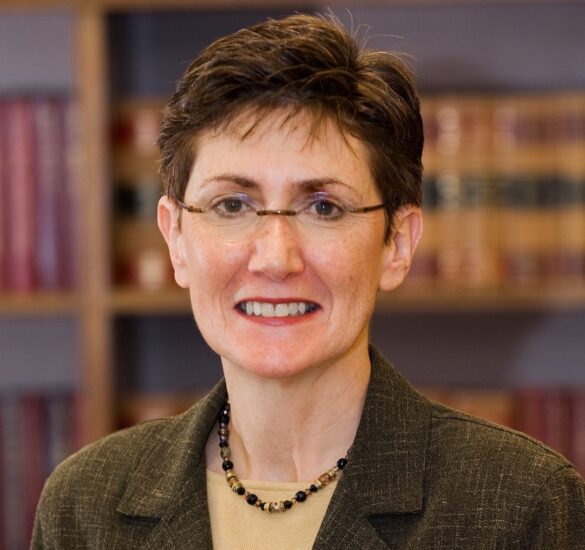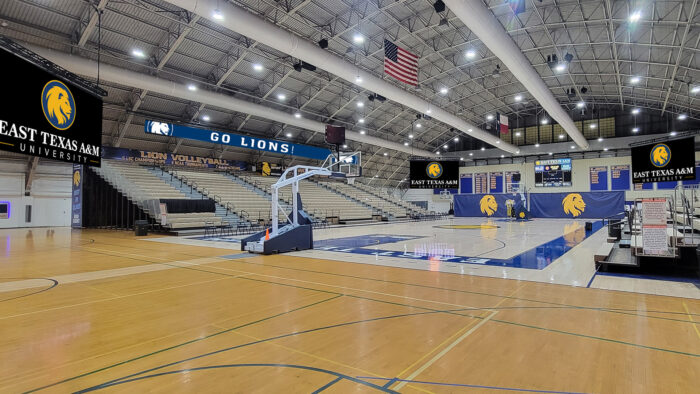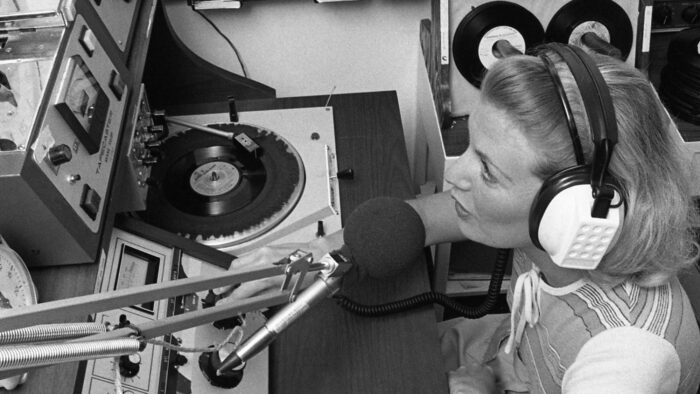Yale Professor Shines a Light on College Students with Autism During Virtual Visit to TAMUC

Assistant Clinical Professor Jane Thierfeld Brown of the Yale School of Medicine's Child Study Center discussed “College Students with Autism: An Expanding Frontier” during a virtual presentation at A&M-Commerce on October 23. Thierfeld Brown addressed challenges faced by students with autism and services that help them successfully navigate college life.
The National Autism Association (NAA) defines autism as “…a bio-neurological developmental disability” that “impacts the normal development of the brain in the areas of social interaction, communication skills and cognitive function.” Autism is commonly referred to as “neurodiversity.”
Thierfeld Brown emphasized that students on the autism spectrum bring richness and diversity to college campuses and society.
“One of the things that we know is that people with autism perceive the world differently and therefore they often can see difficulties differently and help us come up with creative solutions,” she said.
The CDC reports that the incidence of autism has increased significantly in recent years. To date, one in 59 children in the U.S. is diagnosed with autism, up significantly from previous years. With cases rising nationally, Thierfeld Brown said universities can expect a steady increase of students with autism.
In her presentation, Thierfeld Brown outlined several challenges that students with autism face as they navigate college life. For many, social situations are especially difficult. While neurotypical people can usually read various social situations and act appropriately, people with neurodiversity often lack this intuitive social knowledge.
People with autism also struggle to interpret non-verbal cues like facial expressions, and they tend to interpret language literally, so they may not understand communicative concepts like sarcasm. As a result, they are sometimes perceived as socially awkward and they may have trouble forming friendships and social connections.
Theirfeld Brown also explained that most individuals on the autism spectrum experience sensory defensiveness and are prone to sensory overwhelm at college, where the environment—including the temperature, lighting and furniture—is inconsistent and ever-changing.
According to Thierfeld Brown, “The brain of someone who does not have autism processes more than 80% of incoming stimuli subconsciously—like the feeling of the floor against your shoes and the light coming in through the window. But because of delayed processing, many people on the autism spectrum process all of that information 100% consciously and then have to decide what to pay attention to.”
As a result, the typical day requires much more cognitive energy for a person with autism, and they may experience “brain drain,” when the nervous system becomes overtaxed and the student feels overwhelmed and may even experience a meltdown.
To help address these challenges, the Office of Student Disability Services (SDS) at A&M-Commerce provides a suite of accommodations and support services. SDS Director Sandi Patton and staff are committed to helping their students succeed.
“It is my life's passion,” Patton said. “We are not just changing the lives of the students with whom we work. We are changing the entire family system, especially when we are dealing with under-represented and underprivileged families.”
Through the Americans with Disabilities Act, students who ask for services through Patton's office will receive reasonable accommodations that provide equal access to all campus programs and services. Currently, the SDS office at A&M-Commerce assists approximately 493 students with disabilities each semester. Of these, an average of 25 students are on the autism spectrum. SDS anticipates that this number will continue to rise dramatically.
Reasonable accommodations may include extra time on tests, a testing environment with reduced distractions, note-taking software, approved use of service and emotional support animals, access to a sensory room within the Counseling Center, audible textbooks, reduced lighting, and sensory supports, like headphones, manipulatives, and sunglasses. Accommodations are determined on a case-by-case basis, depending on the student's documentation and individual needs.
Patton is also working to grow a new program at A&M-Commerce that provides an added layer of support, training and resources to students on the autism spectrum. The pilot project is called Atypical Ambassadors, a collaboration among SDS, the Counseling Center and the Career Center. Participants in the program meet once a week for two hours to develop their communication, socialization and job readiness skills.
The popular program is now in its second year, and Patton and her team are working to expand the Atypical Ambassadors program in several innovative and exciting ways.
Over the next few years, they hope to add academic success coaches to support students on the autism spectrum; a living learning community for students on the autism spectrum; and career support to help students succeed in the workplace.
Patton is seeking program funding from private donors and other sources to develop the Atypical Ambassadors program and provide many services free of charge.
“We know that in this part of the state, many of our students come from underprivileged and underserved backgrounds,” Patton said. “So, we are looking for ways to grow this program without putting the burden on the backs of the students and their families.”
A&M-Commerce physics major David Perin is a second-year Atypical Ambassador who is pursuing a NASA internship with the help of his mentor, Director Patton. The gifted scholar has big dreams, and he credits the Lion community and SDS for supporting his academic success.
“The community here is the greatest I have witnessed amongst all the universities I have toured,” Perin said. “The dedicated and capable staff at the SDS have provided a platform from which we may propel ourselves from who we are to what we want to be. And for that, they have my eternal and immeasurable gratitude.”
For more information on ways to support the Atypical Ambassadors program, contact us at 903.886.5835.
More Campus and Community News
View All Campus and Community News
East Texas A&M Installs State-of-the-Art Video Boards in the Field House
East Texas A&M University enhanced the in-venue experience inside the Hunt Regional Healthcare Court in the Field House this spring by installing four videoboards and two ribbon boards.

KETR Celebrates 50 Years of Service to Northeast Texas
88.9 KETR is celebrating a major milestone this week: 50 years on the air. The National Public Radio (NPR) station went live on April 7, 1975, broadcasting from the Journalism Building at East Texas A&M University.

Why Advancing from RN to BSN Matters More Than Ever – And How It’s Faster and Cheaper Than You Think
At East Texas A&M University, an RN can earn their BSN in a matter of months while avoiding many of the drawbacks of the standard college experience.


